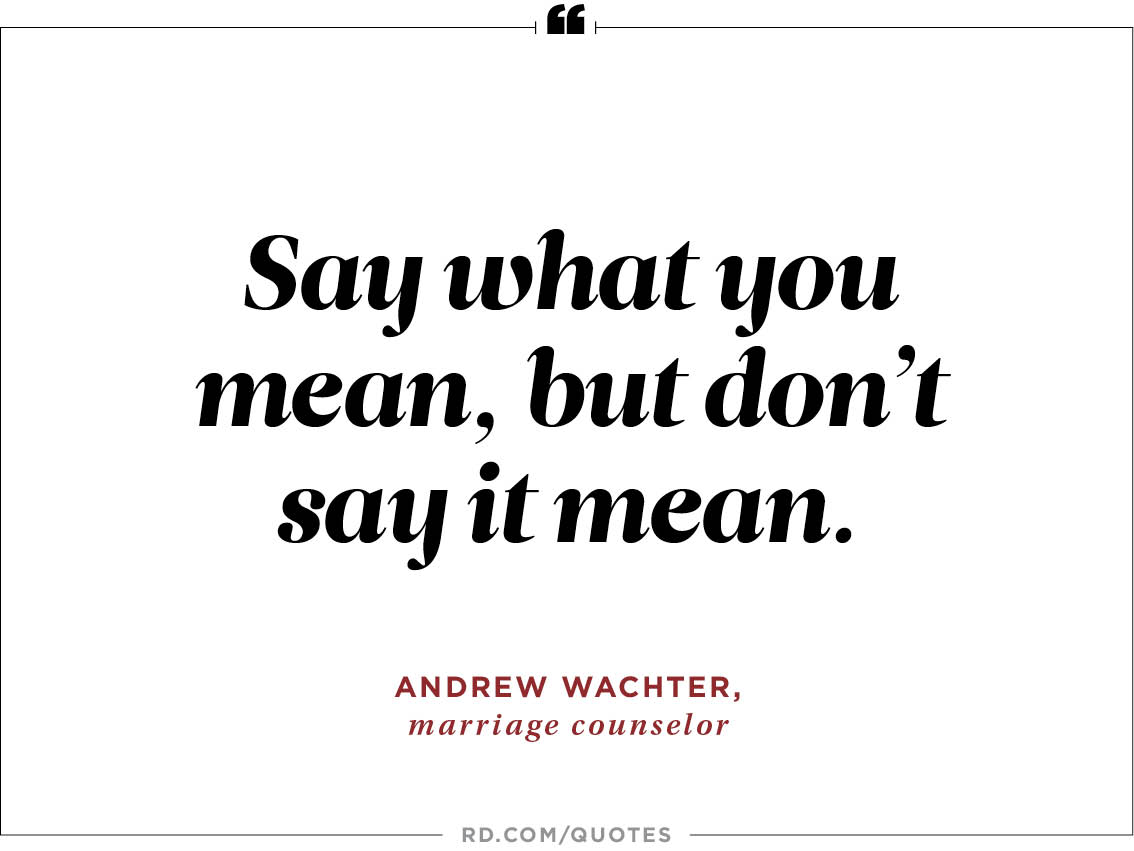
7 Things That Happy Couples Do When They Fight
Fair fighting rule: Don’t rely on your partner for your own happiness.

It is not your partner’s responsibility to make you happy. It is yours alone—although, of course, we should support out partners. If you want something different, it is up to you to make it happen. What do you truly want? Nagging, blaming, and complaining are not what it takes to change things and make you happy. Remember, it took you years to become you and for your relationship to develop; therefore, it is unrealistic to expect change to happen immediately. Progress is made by persistence and priorities. Continually share your yearnings, and engage fully and responsibly to develop more clarity and understanding.
Fair fighting rule: Acknowledge when your partner says something that is true

Too often, fights rage on with a great deal of truth being said on both sides, but neither you nor your partner acknowledges that truth. In fact, many fights will end when one person acknowledges the truth of what the other is saying, because the truth is often what the person is fighting for. They yearn to be affirmed. A rule of thumb: Acknowledge any time your partner says something that is true, even when you are mad. Accepting the truth can break an argument’s logjam. By the same token, admit when you are wrong. An amazing amount of goodwill can be won by focusing on the truth and being willing to lose a fight. Losing the fight can mean winning the relationship.
Fair fighting rule: Don’t fight for the sake of fighting

Too often we fight defensively about silly things or in counterproductive ways. We get sidetracked on “who said what” battles or debates of minutiae. This rule of engagement requires you to have conversations where you fight for something rather than just fighting against you partner. You recognize what you want and yearn for, and you express yourself fully, responsibly, and, often, vulnerably. The point is to engage in arguments with a purpose. When you are fighting for something, creative solutions can emerge for both sides, which is the key to win-win conflict resolution.
Fair fighting rule: Give your partner the benefit of the doubt

No one will always argue perfectly. One side can hurt the other side. People can act meanly when they’re fully engaged. This means that assuming goodwill is absolutely a necessity; it is also a skill that must be learnt. You have to consciously assume goodwill and look for the positive in your partner and your relationship, rather than assuming that your partner has it out for you. Assuming bad will, scanning for what our partners are doing wrong, how they don’t appreciate us, or, worse, how they are trying to sabotage us causes us to miss the good stuff that our partner is doing and to perceive negativity that isn’t there.
Get more fair fighting skills in ‘The Heart of the Fight’
Judith Wright is a couples and lifestyles coach, and Bob Wright is an executive coach and educator. The couple co-founded the Wright Foundation, a coaching and training institute, and the Wright Graduate University for the Realization of Human Potential; both are based in Chicago. The Wrights are also the authors of Transformed!: The Book of Spectacular Living (Turner, 2012). In their 2016 book The Heart of the Fight (from which this advice has been excerpted), they take readers through the 15 most common fights, what they really mean, and how these fights can bring couples closer.
Pages: 1 2





